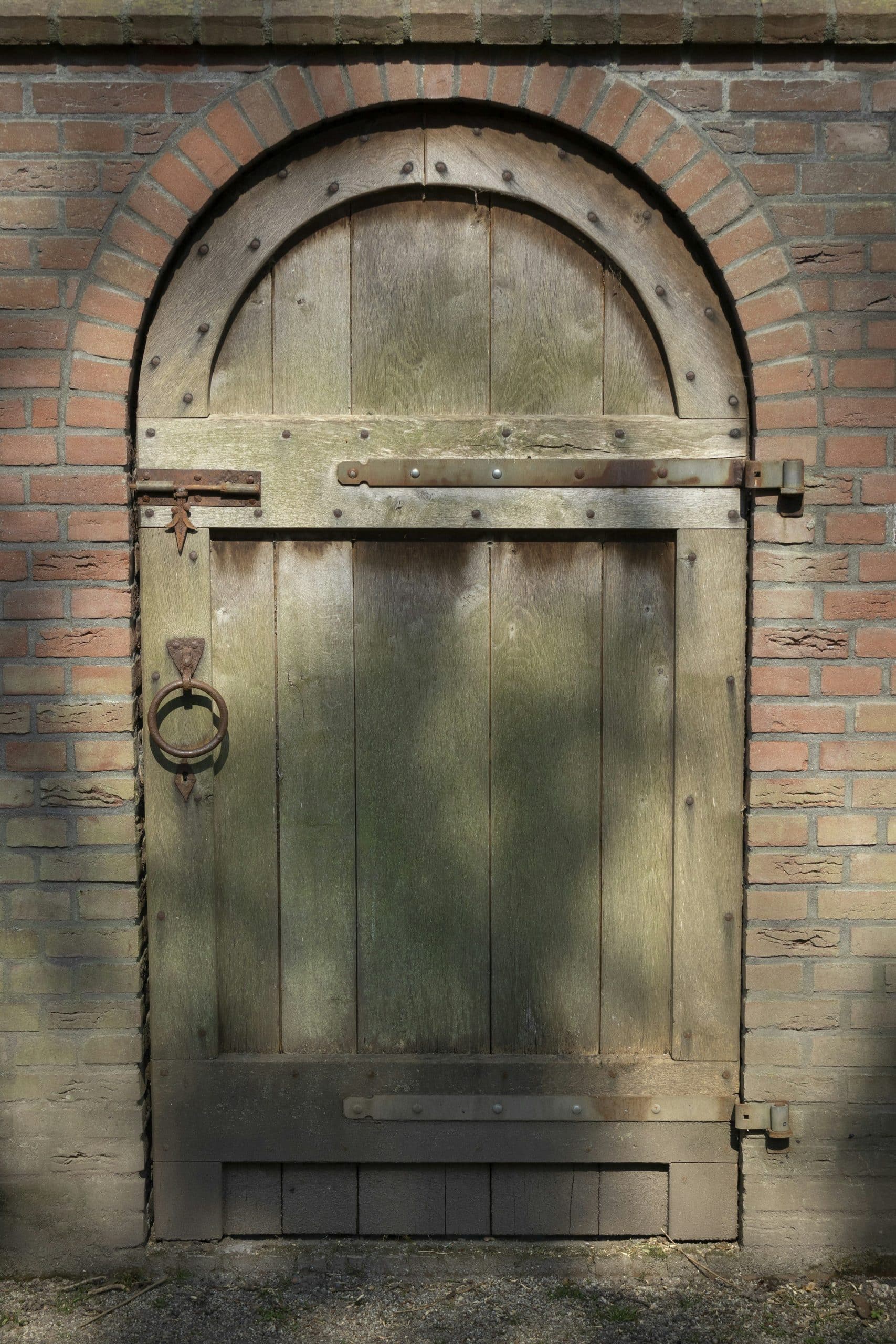The world of classic cars is fascinating, filled with history, craftsmanship, and a certain aura of nostalgia. For enthusiasts, owning a classic car is not just a hobby, but often a passion that can span years, if not a lifetime. But what qualifies a vehicle as a ‘classic car’? This query might appear straightforward, yet it’s anything but, particularly in the United Kingdom.
Let’s dig into this topic and provide profound insight into the specific criteria that a vehicle must meet to be deemed a classic car in the UK. We will discuss age requirements, classic car insurance, tax exemption, and the importance of original features.
In the same genre : What are the tax benefits of owning a zero-emission vehicle in the UK?
The Age Factor
The age of a vehicle is typically the first factor considered when determining its status as a classic car. But how old does a vehicle need to be to qualify as a classic? In the UK, there are three main categories: vintage, antique and classic.
Vintage cars are those built between the start of the 20th century and the end of the 1930s. A model built in this period that has retained its original features can be labelled as vintage.
Additional reading : Essential Tips for Preparing Your Vehicle for the UK”s MOT Emission Test: A Comprehensive Guide to Maintenance
Antique cars, on the other hand, are typically defined as cars that are more than 45 years old. This is a substantial number of years and an antique car should also retain a significant proportion of its original parts and features.
Lastly, for a vehicle to qualify as a classic car, it typically needs to be at least 20 years old. However, it’s not just a matter of years. The car should also have a certain level of historical interest, such as a notable brand or model, or a unique design.
Classic Car Insurance
It’s not enough for a vehicle to just “look old” to be classified as a classic car. Insurance providers have their own set of criteria. This is because classic cars are often more expensive to repair as parts can be harder to find and it may require specialist skills to fix them.
In the UK, for a vehicle to qualify for classic car insurance, it generally needs to be at least 15 years old. However, this can vary between insurance companies. Some may set the age limit as high as 20 or 25 years.
Furthermore, most insurance companies will require the classic car to be a secondary vehicle, not your daily driver. They will also take into account the number of miles you drive each year and where the car is stored. Maintaining a low mileage and keeping the vehicle in a secured garage can both positively affect your insurance cover.
Tax Exemption for Classic Cars
In the UK, vehicles that are over 40 years old are exempt from vehicle tax. This is known as the classic car tax exemption, and it is applied at the time of your vehicle’s annual MOT test.
However, it’s important to note that the tax exemption is not automatic. You must apply for it. When your vehicle tax is due for renewal, you should receive a reminder letter from the DVLA. You can then apply for the tax exemption online or at a Post Office that deals with vehicle tax.
Remember, the 40-year old rule is rolling, meaning that it moves forward with every year. For example, a car built in 1984 will become tax exempt in 2024.
Authenticity and Original Features
Finally, while there isn’t a strict legal definition of what constitutes a classic car, authenticity plays a significant role. A vehicle that has retained its original features, or has had those features restored, is more likely to be recognized as a classic.
What does this mean in practice? Well, let’s consider the plates. If a vehicle has its original plates, it is often seen as more authentic and is therefore more likely to be considered a classic. The same goes for its parts. For instance, a vehicle that has had its engine replaced with a modern one might not qualify as a classic car.
As such, if you’re in the process of restoring a vehicle and you want it to qualify as a classic, it’s worth investing in original or period-specific parts where possible. This will not only enhance the vehicle’s authenticity but also its potential value.
In summary, classifying a vehicle as a classic car in the UK is based on various factors including age, insurance rules, tax exemption, and the presence of original features. But ultimately, it’s a mix of objective criteria and subjective appreciation. Each classic car is unique and carries its own distinctive charm and character, much like the individuals who cherish them.
Classic Car Clubs and Associations
Classic Car Clubs and Associations play a vital role in defining the status of a classic car in the UK. They not only provide a platform for enthusiasts to share their passion but also help in maintaining standards and guidelines that are often used as a reference by insurance companies, auction houses, and even tax authorities.
The largest organisation of its kind in the UK is the Federation of British Historic Vehicle Clubs (FBHVC). This umbrella organisation represents over 500 vintage and classic car clubs in the UK and has over 250,000 members. The FBHVC provides guidelines on the definition of a ‘historic vehicle’, which it generally categorises as a car that is at least 30 years old.
These clubs also organise classic car shows, events, and rallies, providing a platform for owners to exhibit their prized possessions and for potential buyers to connect with sellers. Participation in these events can enhance a classic car’s reputation and perceived value.
Moreover, these clubs and associations often offer their members advice on various aspects of classic car ownership, including maintenance and restoration, insurance, and tax exemption. They may also provide valuation services, helping owners to establish the worth of their vehicles in the current market.
It’s worth noting that the opinions and guidelines of these clubs and associations hold significant weight. Their recognition of a vehicle’s classic status can be influential, especially if there’s a dispute with insurance companies or tax authorities.
Conclusion: The Art and Passion of Classic Cars
In essence, the world of classic cars in the UK is far from black and white. It’s a realm of nuances, variations, and subjective interpretations. Defining a classic car is not simply a matter of checking boxes based on age, insurance rules, tax exemption, and original features.
It’s an appreciation of historical interest, nostalgia, and craftsmanship. It’s about acknowledging the vehicle’s journey through time, the stories it carries, and the memories it evokes. A classic car is not just an old vehicle; it’s a piece of history, a work of art, and a symbol of personal passion and dedication.
That is why enthusiasts spend countless hours and substantial resources restoring and preserving these vehicles. They understand that a classic car is more than just a means of transport – it’s a testament to automotive history and a reflection of the owner’s personality and taste.
In the final analysis, while various factors play a role in determining whether a vehicle qualifies as a classic car in the UK, it’s the passion and commitment of the owners, backed by recognition from classic car clubs and associations, that truly seals the deal.
So, whether you’re a proud owner of a vintage Rolls-Royce, an antique Jaguar, or a classic Mini Cooper, remember that it’s your love and appreciation for these remarkable machines that truly makes them a classic.
















